What it means to be a journalist according to Robert Klemko
As a senior in high school I now know that journalism is my passion. I was thrilled to have the opportunity to interview Robert Klemko, an experienced reporter for the Washington Post covering the current issues with COVID-19 and racial inequality in the United States. I talked with Klemko about what it means to be a journalist and the best ways to gain recognition. I picked Klemko’s brain on how to take the next steps and how to make my voice heard. For all you either just starting high school or thinking about a career in journalism, Klemko will help you understand the highs and lows of being part of the media.
Klemko had ambitions of becoming a journalist, but was in a similar predicament that I find myself in now. “I explored different internships, but just did not have the recognition I needed to get the job,” Klemko said.
He ended up waiting until his junior year of college. By then he had decided his major and taken all of the necessary classes in order to graduate. He started writing for the Diamondback (University of Maryland newspaper) and was recognized by a professor in the journalism department. “He read one of my articles and was impressed,” Klemko said.
This professor went on to recommend Klemko to different organizations and he ended up getting an internship with the Sentenial out of PG County. This was one of the keys to our conversation as he brought out the importance of each article. He had gained no recognition as a young reporter, until one article broke and got him the Sentinel internship. This internship then led to a job at USA Today and soon he became a widely-known sports writer. I asked him how he became so wide known so quickly. He said, “I thought differently: When others were at press conferences, I was having one-on-one interviews with the staff, coaches and players.”
Klemko’s biggest advice to young journalists is to think outside the box. There are those you can directly talk to, like the players or coaches, but he explained that there are different ways to structure one article. “Before writing your piece, think of three different ways you can form it and then try each one,” he said.
Talking with Klemko about journalism showed me how much passion you need for this hard job but if you care and want to pursue it “nothing can get in your way.”
Your donation will support the student journalists of Thomas S. Wootton High School. Your contribution will allow us to purchase equipment and cover our annual website hosting costs.
Miller is a 2021 graduate.


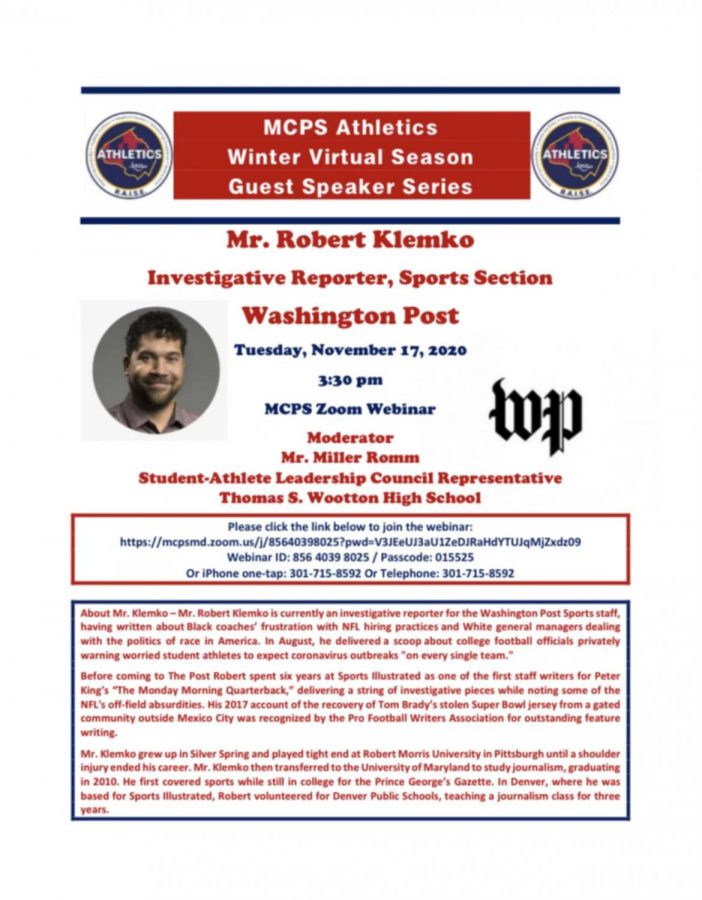

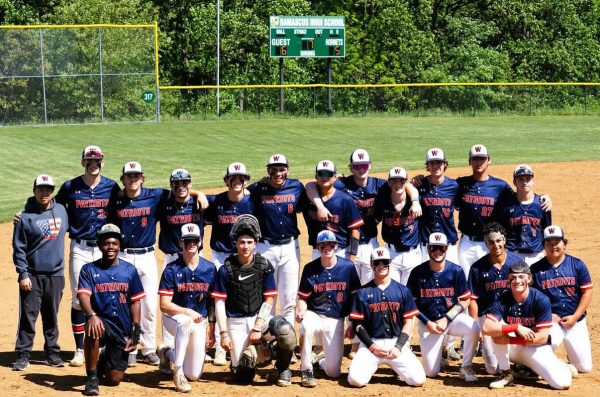
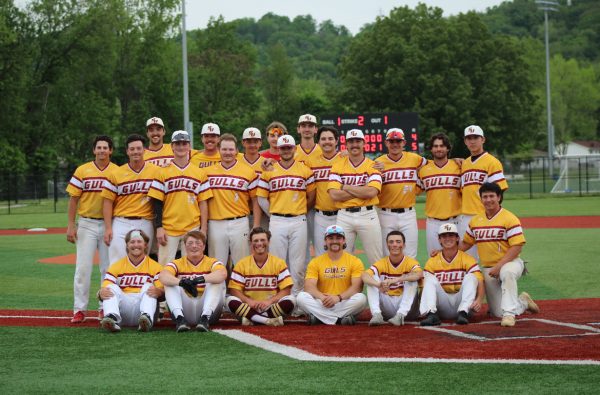
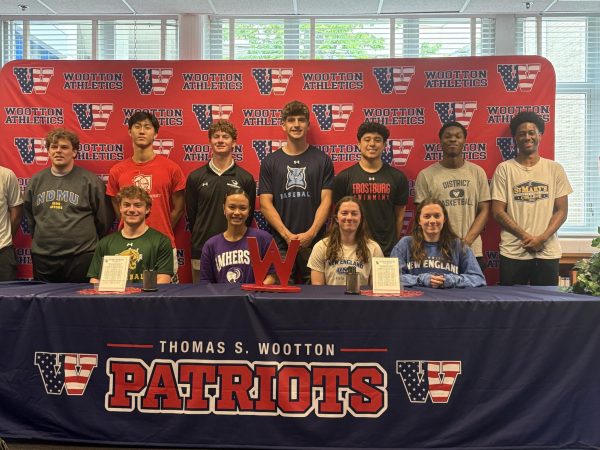
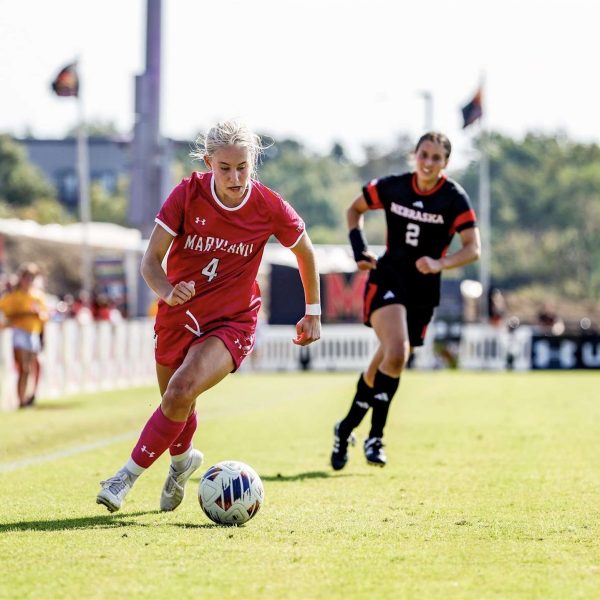
Josh Freedman • Nov 19, 2020 at 11:01 am
Great article- really interesting!